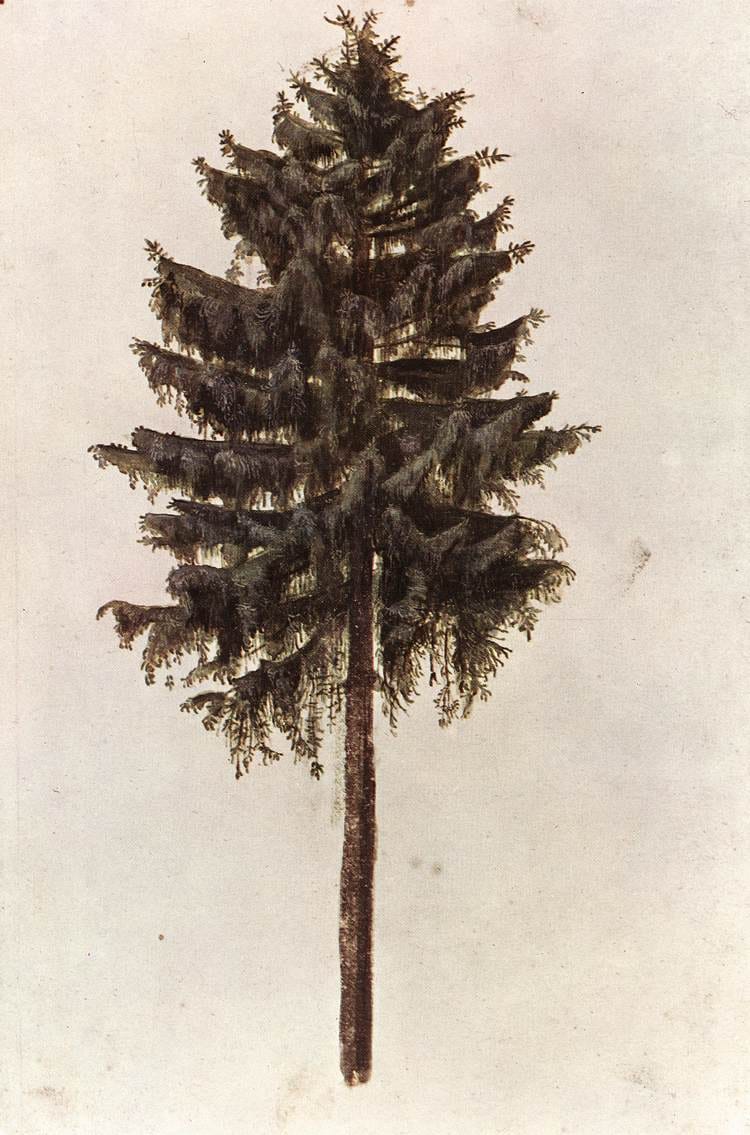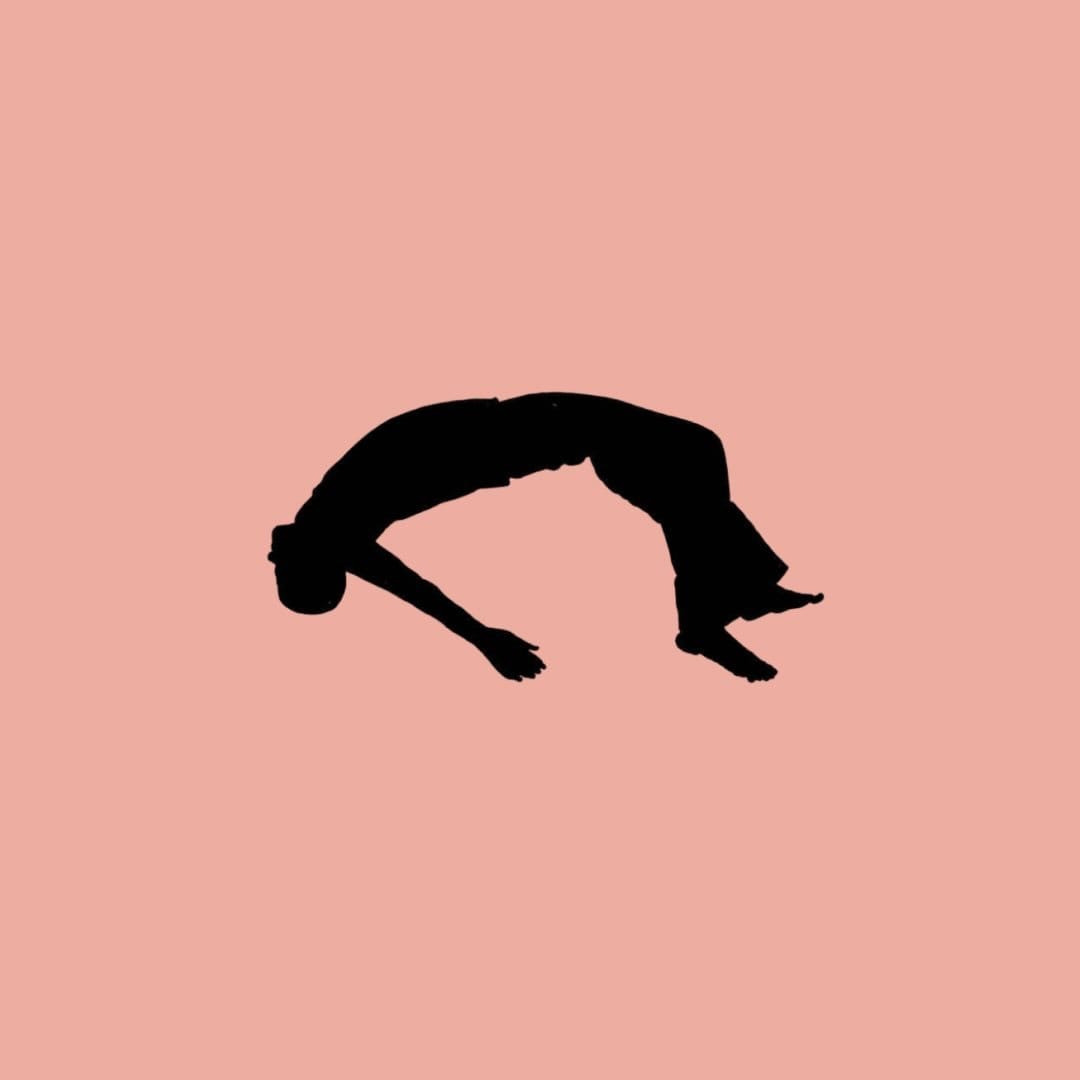POEM: 4 Poems by Barbara Siegel Carlson
The natural world teaches lessons about human life and its expansion into the spiritual and metaphysical. Winter branches and onions become metaphors for larger truths. Art and music are also inspirations to deeper understanding.

The natural world teaches lessons about human life and its expansion into the spiritual and metaphysical. Winter branches and onions become metaphors for larger truths. Art and music are also inspirations to deeper understanding. Looking at a work of art, listening to music, reading philosophy, taking a walk, hearing the news, going to a convenience store: these stir memory and imagination, and through the language open the channels toward deepened awareness, greater wonder, heightened love and sense of the sacredness of life.
I wake to be unlocked
by Barbara Siegel Carlson
at cloudy dawn, following a killdeer,
come to a northern evening primrose
red-leaved by the roots,
summer humidity so heavy
it leaves footprints past the knapweed,
hare’s foot clover, yarrow, the soft
blushed sheepbit, each dead
and living daisy, a clump of down
rippling in the middle of the road
between goose turds and gray feathers,
cottonwood leaves hanging
above the path rush I wake
to be among, forgetful,
while the water lilies’
starry flesh glows
like the rain on the oak leaves,
the gold lace
of a half-eaten leaf,
as the crow of many colors
that just landed on the empty road
under the white sun looks up,
lets out a single caw,
as though what burns behind the clouds
has no boundary or sorrow.
Invisible Home
by Barbara Siegel Carlson
These dark lines
make a fan, a gargantuan
feather waving and wavering,
but what roots underneath
from a source well hidden
fills me, lifts me
weaving and woven of what
has been stranded, gathered
to be emptied, as the light
of the soul fills
the body, a bird its shell,
a nest of winter branches.
Friedrich’s Monk
by Barbara Siegel Carlson
Tiny figure, who are you
searching for in this tapestry of space
threaded between darkness
and light?
The brother, your childhood bedmate
who drowned saving you?
The sister you loved to pieces?
Your mother who said she was leaving?
Your father who never did?
The boats your painter erased
are now spectral images
floating into the horizon
you contemplate from the white sand.
I might have painted myself
as a monk, though I married young.
My only child, my daughter died,
then my wife, of heartbreak.
Later I lived in a room by the sea, listening
to the gulls and wind in the halyards
in the solitude of my own unknowable life.
One bleeds into another.
Our beloved go on.
As the vastness
spreads like the sea, the darkness
holds no reflection.
If the sky is home above Earth
and home in the heart, how can it not contain
all that I love and long for?
The boats, will they return?
The birds, will they feed me
whose soul darkens the waves?
Whose God colors the emptiness
lighting the sand?
Onions
by Barbara Siegel Carlson
All I have this afternoon is my little notebook of mostly blank pages
pressed from the pulp of trees. To say in a few words
I’m here, in these lines of ink that come
from the oils of ancient bodies. On the table beside me
in the Globe is the headline recalling last year’s massacre
at a music festival that triggered another
war in the Middle East—another punch in the gut
It’s raining and I turn away
to fold my shirts, tuck my socks together. Mahler’s
on the shortwave—the drummer’s tap barely audible, the harp strings
like water, first a waltz, then the horn carries a Klezmer tune
as if from a wedding before the drumming becomes
an ominous march cresting to what sounds like crackle
and boom, while I sip my mint and sage tea that shimmers
like the dreams of people lost in a cave
or stricken in the desert after a burning wind, their homes cinders,
their mouths tasting of soot.
Yesterday we pulled the last
of the onions. They look like eyeballs naked and translucent
in their brown bowl. You can’t tell one from another. I bit into one,
imagining an apple, but the pungency fumed up my nostrils
and spread down my throat.
I think I was a monk
in another life, praying in silence and song, humming with my brothers,
sheltered in my cell, blessing the water in puddles, the gardens we tended
where pea flowers sprouted deep into autumn. We gathered in prayer
and at meals, slept like the dead and blessed each leaf in our books.
My life quiet with God lighting my blood.
I think of Esenin who at the end
used his own blood to write poems. And the mason who watched his dear friend
Jesus on the crucifix, but could say or do nothing to save him.
Last week during a walk in the woods, a deer
leapt out, looked long at me, staring into my eyes—the eyes of an alien, murderer, suicide, washerwoman, slave whose soul has been spun like the rest
from the eons, but it holds to my center like a maypole, each lifetime
a different colored ribbon winding and unwinding around it, my human scent
foreign to the deer, but to me intimate with inexplicable
distances and crossings.
Who is the Dalai Lama with his thirteen
incarnations or the cashier at Cumberland Farms with her thousands
of lifetimes, or the girl with a hare-lip photographed
on the envelope I throw away with a twinge of guilt and shame
because I don’t donate to that charity, and I can’t heal her
any more than I can heal my friend’s son who lies in a coma
as though in a ship lost to earth?
I’ve known a man whose love felt pure,
and I wonder if such love can reach across the universe—
turning like the tiny cylinder in a music box as it unwinds
till you can hear the heartbeat of the stars
in the rain of bombed out rooms
that washes the blood and dust from our mouths.
Spinoza called the cosmos a single substance,
each of us marked in the Book of Life with every act, word and thought.
When we dance even once in the arms of another, as the bow is sliding
across the strings and the notes harmonize to the rustle of water,
we somehow melt the frozen fields on Ganymede
and taste something holy in the onion.
